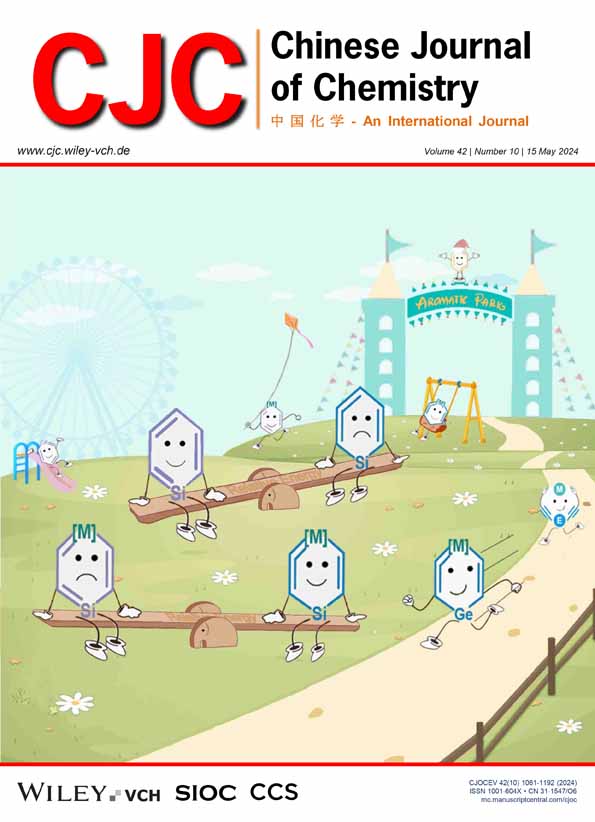Organic Synthesis through Radical Innovation: Frustrated Radical Pairs†
Dedicated to the Memory of Professor Xiyan Lu.
Abstract
Frustrated Lewis Pairs (FLPs) represent a unique class of interactions in Lewis acid-base chemistry, driven by spatial hindrance or incongruent orbital energy levels that hinder the formation of effective coordination bonds. FLPs have received significant attention for their application in activating small molecules and facilitating organic synthesis reactions. Recent developments have led to the emergence of Frustrated Radical Pairs (FRPs) as an extension of the radical family. FRPs are formed from FLPs through Single Electron Transfer (SET) and exhibit the ability to activate a variety of chemical bonds. While research on FLPs is well-established, investigations into FRPs in organic reactions remain limited. This review highlights the current state of FRPs in organic synthesis, delves into mechanistic insights, explores their potential, and underscores the challenges in this emerging field.




